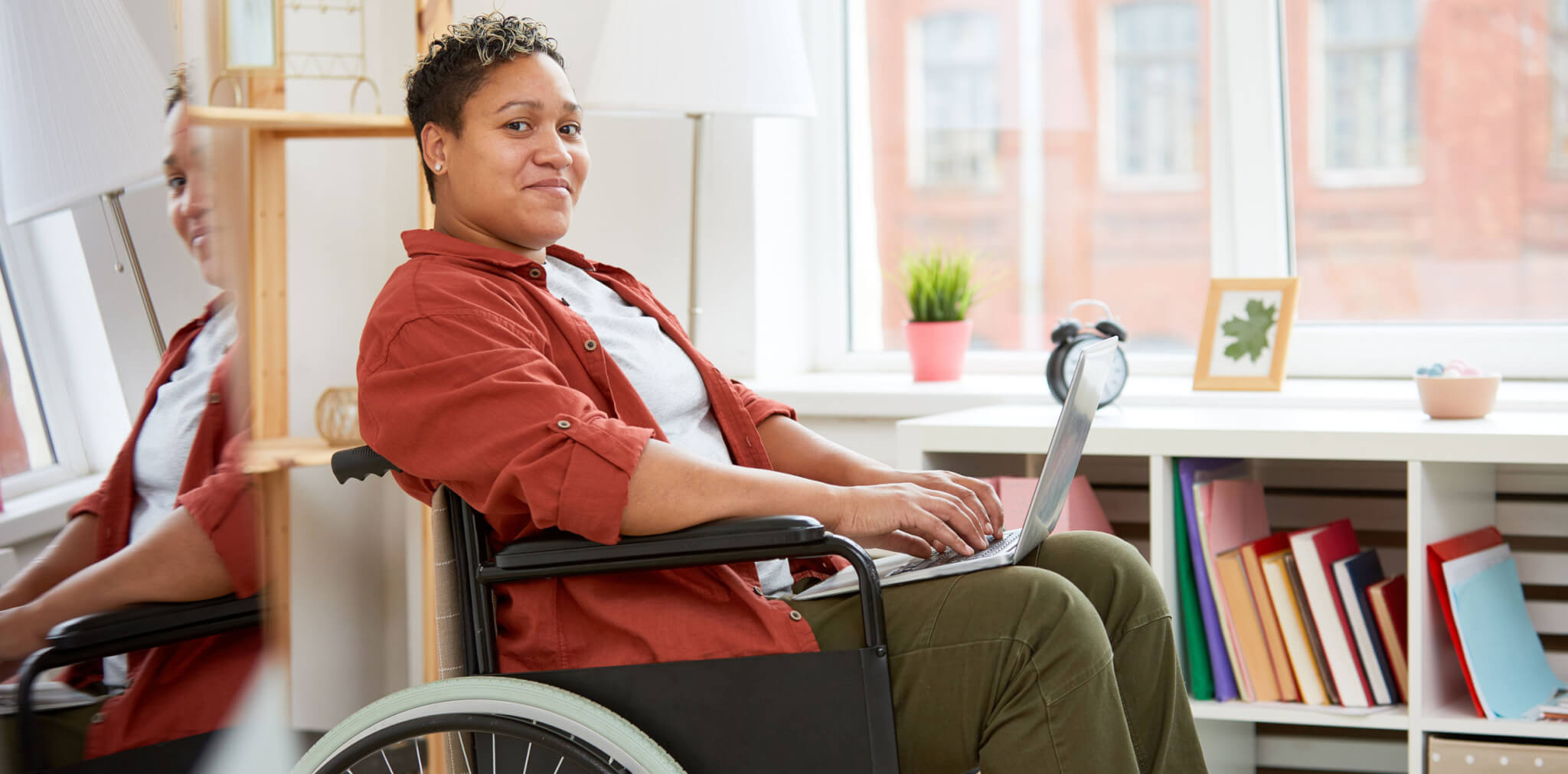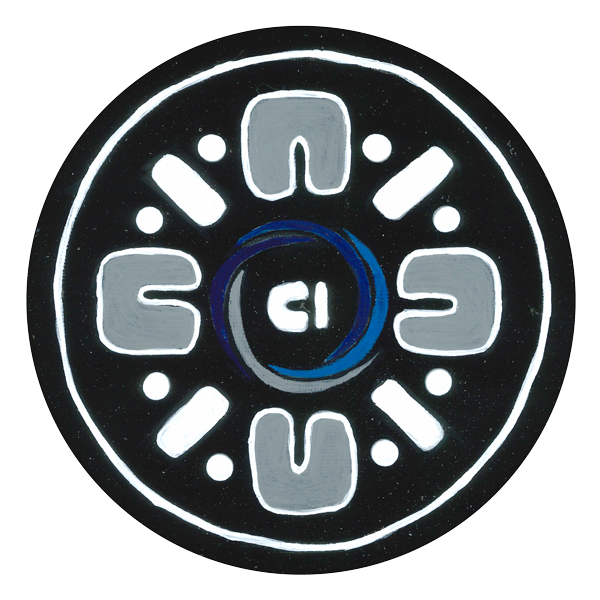Clinical Governance
Introduction
CatholicCare is committed to delivering excellence in care that supports client wellbeing and ensures both staff and clients have a positive experience with our organisation.
This includes providing the highest possible levels of client safety. The CatholicCare Clinical Governance Framework details the structures, systems and processes that ensure accountability across the organisation and guides us in providing the best possible outcomes for our clients.

As the official social services agency of the Catholic Church in the Rockhampton Diocese, we value: Catholic Social Justice; accountability; innovative services; efficient stewardship of resources; and synergetic and relational teamwork.
These values ensure we have the structures and resources to meet our commitment to the clinical quality, safety, health and wellbeing of the people for whom we provide services.
Community Care services at CatholicCare focus on wellness, reablement and maintaining wellbeing. Our workforce supports people who experience vulnerabilities due to ageing and disability (including psycho-social), to remain living in their community. This involves working alongside health providers including GPs, allied health, health and hospital services and a range of other service types. Psycho-social services at CatholicCare aim to encourage and strengthen individuals, couples and families to continue to develop and grow. This may involve working alongside other services who are providing supports to the individual or family.
This Clinical Governance Framework applies to our leaders, our staff and the stakeholders who work alongside us to care for our clients.
Bishop Michael McCarthy

Clinical Quality & Safety and Clinical Governance
Clinical governance is the set of relationships and responsibilities established by CatholicCare between its, governing body, executive, employees, clients and other stakeholders to ensure the best possible outcomes for clients, including good clinical outcomes.
It ensures that individuals, families, the community and health service organisations can be confident that systems are in place to deliver safe and high-quality care, and continuously improve services.
Clinical governance is an integrated component of corporate governance of CatholicCare. It ensures that everyone – from frontline workers to managers and members of CatholicCare Council – is accountable to clients and the community for assuring the delivery of services that are safe, effective, integrated, high quality and continuously improving.
[Click on a segment below to view information about it]
Leadership & culture
CatholicCare’s Risk and Audit Committee (RAC) works with our management team to ensure clinical governance systems are established and used to improve the safety and quality of care for clients.
Partnering with clients
CatholicCare supports clients, carers and families to be partners in care planning, design, measurement and evaluation. Strategies include focus groups for specific locations and specific purposes, client and family involvement in designing care plans, and multiple ways to provide feedback to us about what is and isn’t working
Monitoring & reporting
Processes are in place to ensure collection and review of data relating to client experience, incident, practice and outcomes. Clinical quality and safety performance is reported to the CatholicCare Council via the Risk and Audit Committee. Performance is reported to the workforce via regular internal communications and to our clients via correspondence including newsletters and magazines.
Organisational systems
CatholicCare’s client safety and quality improvement systems include use of the RL DATIX Enterprise Risk Management across all areas of the organisation. Policies and procedures are designed and developed by the management team with advice and oversight form the RAC. Regular reporting and review ensure active management and improvement of the safety and quality of care for clients.
Effective workforce
CatholicCare has a strategic workforce plan to support us to attract a workforce with the right qualifications and skills. Where workforce shortages are experienced, we have workforce development strategies to grow the skills we need. Our staff are provided with appropriate clinical supervision to provide safe, high-quality care to clients
Communication & relationships
CatholicCare has in place record keeping systems to support clinical quality and safety, and staff are trained to use these systems. Agreements are in place with visiting health practitioners. Open disclosure processes are in place to communicate with clients and their representatives.

Roles and Responsibilities
CatholicCare Council & CatholicCare Risk and Audit Committee
The Bishop of the Catholic Diocese of Rockhampton, advised by the CatholicCare Council (the Council) and working through the CatholicCare Diocesan Director, is accountable for clinical quality and safety and clinical governance.
The Council sets the vision, strategic direction and culture to ensure our organisation consistently delivers safe, quality clinical care.
The Risk and Audit Committee (RAC) is visible and accessible to the workforce, ensuring a culture of openness and transparency. The RAC works with the management team to ensure clinical governance implementation supports our workforce as well as visiting practitioners.
Key risks are reviewed every two years by the RAC and reported to the Council, along with recommendations for controls and mitigation strategies. Safety and performance data is reviewed, analysed and reported to the Council via the RAC quarterly, along with any recommendations for improvements.
Executive Leadership
The CatholicCare Diocesan Director (the Director) works alongside the RAC and is a key communicator of the direction and expectation of the Council regarding quality and safety of the care delivered by CatholicCare.
The Director works with the operational management team to identify key safety issues and areas of risk, and works with the RAC to prioritise these. Analysis and discussion of CatholicCare clinical and quality safety data is communicated by the Director to the RAC and to the Council; this includes incidents, positive and negative feedback from clients and other stakeholders, audit results, accreditation reports.
The Director works closely with the General Manager (GM) Health and Wellbeing Services to plan, implement, evaluate and improve clinical quality and safety; and to ensure that adequate resources are budgeted to achieve this.
The Director, GM Health and Wellbeing Services and GM Planning and Development work to identify and access opportunities for education, training and other supports for the workforce to ensure they can deliver safe and quality clinical care.
Regional Managers
Regional Managers (RMs) ensure a safe and respectful environment for clients, the CatholicCare workforce and visiting providers. The RMs encourage and support their workforce and clients to be open and confident to raise concerns about care services, including clinical quality and safety.
The RMs develop trusting relationships with their staff so they have current and relevant information to understand the challenges faced in delivering consistently safe, quality clinical care. They ensure that visiting practitioners feel confident in working with CatholicCare, and the RMs’ relationships with these practitioners mean any issues that arise are communicated and responded to respectfully and in a timely manner.
The RMs are responsible for identifying, monitoring and managing risks associated with delivering the CatholicCare services, and take the lead on escalating and responding where there are concerns about the clinical outcomes or wellbeing of CatholicCare clients. To support them to achieve this, RMs work to ensure CatholicCare workers have the information, knowledge, skills and systems to both understand and undertake their role and responsibilities, including in terms of clinical care. The RMs are responsible for holding workers to account for clinical care they provide, supervise or direct. They build a culture of reporting – ensuring their staff use RiskMan often and effectively. RMs respond to incidents in ways that ensure continuous improvement and promote ongoing reporting and feedback from staff.
The RMs work alongside the Internal Auditor on internal audit processes; they report on performance indicators and on quality activities associated with CatholicCare services. They regularly report clinical quality and safety performance information to their teams.
CatholicCare Workforce
CatholicCare employees involved in clinical care for clients include Nurses, Allied Health, Personal Care (Individual Support Workers), Case Managers, NDIS Support Facilitators, NDIS Plan Managers, Counsellors, Intake Officers, Client Contact Officers.
CatholicCare employees are responsible for providing safe, quality care and services to our clients. This means they are familiar with and adhere to our policies, procedures and standards. In order to do this, they undertake learning and skill building activities, maintain the competencies associated with their role, participate fully in the development of their Professional Development Plan and otherwise ensure they are able to meet their responsibilities for clinical quality and safety.
CatholicCare employees are aware of, understand and fully utilise the processes in place to speak up and raise concerns about any aspects of clinical care. This includes identification of risks that may not be related to work delivered by CatholicCare workers.
Our staff work individually, in partnership with clients and other providers and as a team with other CatholicCare workers to improve the quality and safety of clinical care for our clients.

Review of the Clinical Governance Framework
As this is CatholicCare’s first clinical governance framework, it will be reviewed within one year of implementation.
Areas for review will include
- How the clinical governance framework has been introduced, explained and promoted within the service – e.g. feedback from staff, consumers and visiting health practitioners.
- Whether staff are aware of the clinical governance framework and operate within in it when providing clinical care.
- Whether the actions specified in the framework have been undertaken.
- Whether the actions in the clinical governance framework are fit for purpose or need to be reviewed – e.g. has the consumer profile changed?
- Changes in clinical practice, clinical quality and safety, clinical outcomes, and achievement of goals for clinical quality and safety.
- External changes that may have an impact on the provision of safe, quality clinical care at CatholicCare.




